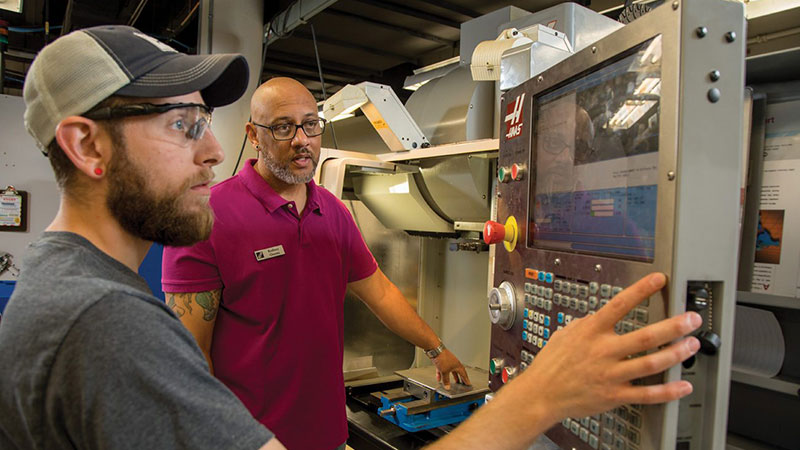With a little help, nearly 36 million Americans who spent some time at college but never finished could be encouraged to resume their studies and get their degrees.
What would it take? For starters, we need to improve recognition for prior learning, or RPL. In other words, we need better, more efficient processes for giving students credit for what they’ve learned outside of a college campus. That includes skills learned at work, in apprenticeships, at training courses, and much more. Receiving credit for what students know and can do could be a powerful motivator to continue school and graduate.
While many colleges and universities are working to make RPL more available, too few students earn credits this way. A recent Lumina-funded study by Rutgers University’s Education and Employment Research Center (EERC) clearly showed this. For instance, it found that only 4 percent of students earned RPL credit at one Colorado community college system.
One important group of prospective students for RPL are the millions of Americans who hold industry certifications. Colleges and universities could help these credential holders pursue further education by recognizing this learning for college credit.
Of course, this is easier said than done. With more than 5,465 certification programs in today’s educational marketplace — not counting licensures, apprenticeships, and badges — it’s difficult to assess their quality and impact. It can be time-consuming and frustrating to measure these credentials.
To help, Rutgers’ EERC experts developed a framework to better understand non-degree credentials and the competencies they represent. Here are some of the guidelines:
- Non-degree credentials are of high quality if they are well-designed and include relevant instruction, accessibility, transparency, portability, and assessments.
- Third-party approvals or assessments by trusted partners help to prove high quality.
- Students must be able to show their new, valuable competencies to the world at large, including educators and employers.
- Educators, employers, and policymakers need to collect and share better data on measuring quality credentials and their outcomes.
Institutions can assess where they stand by asking these important questions:
- What is our RPL policy?
- Is the policy being used by students? If not, how do we improve this?
- What are our practices and procedures for evaluating non-degree credentials for RPL?
- Can we use existing tools to get this done?
- How can we partner with state and national organizations to speed progress?
Change is never easy but raising awareness of non-degree credentials is an important step forward. By promoting high-quality credentials as a pathway to better educational and career opportunities, we will help Americans learn, earn – and we’ll truly give credit where credit is due.
